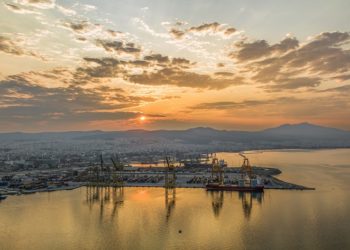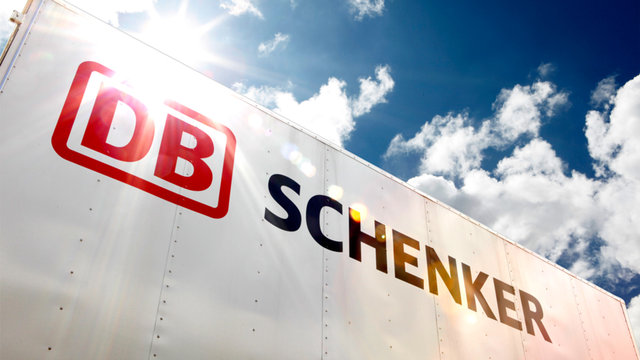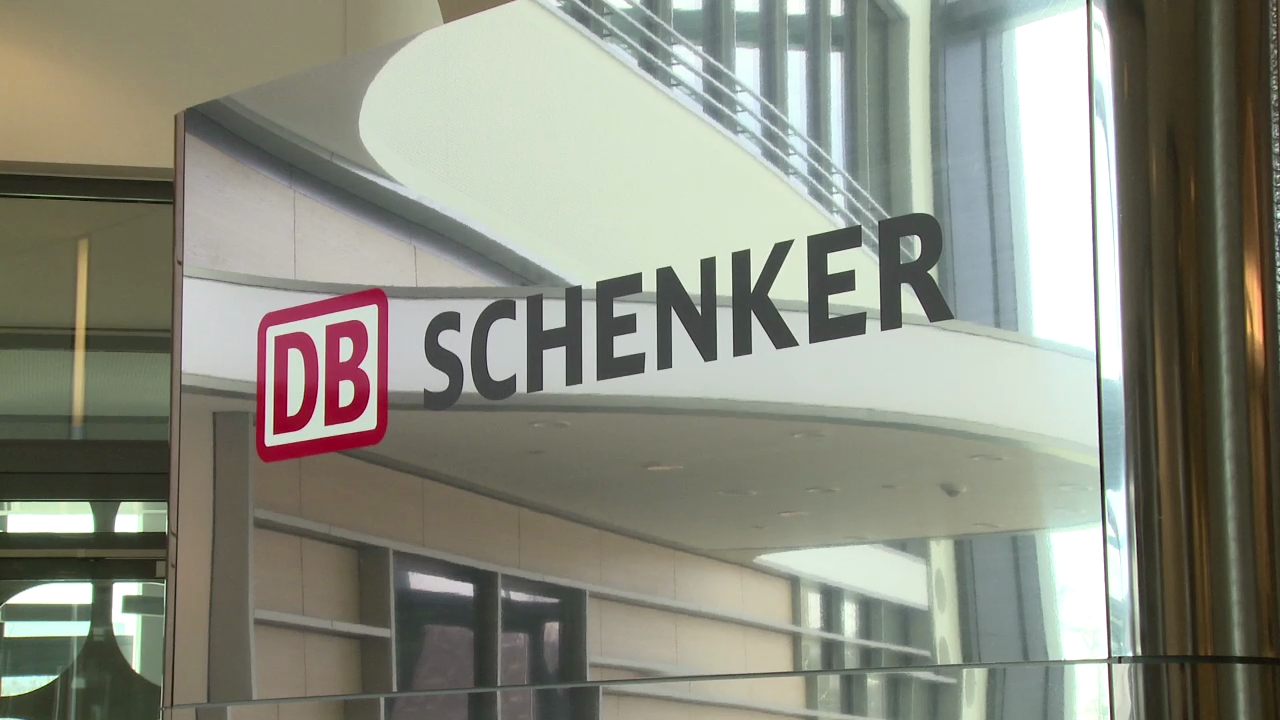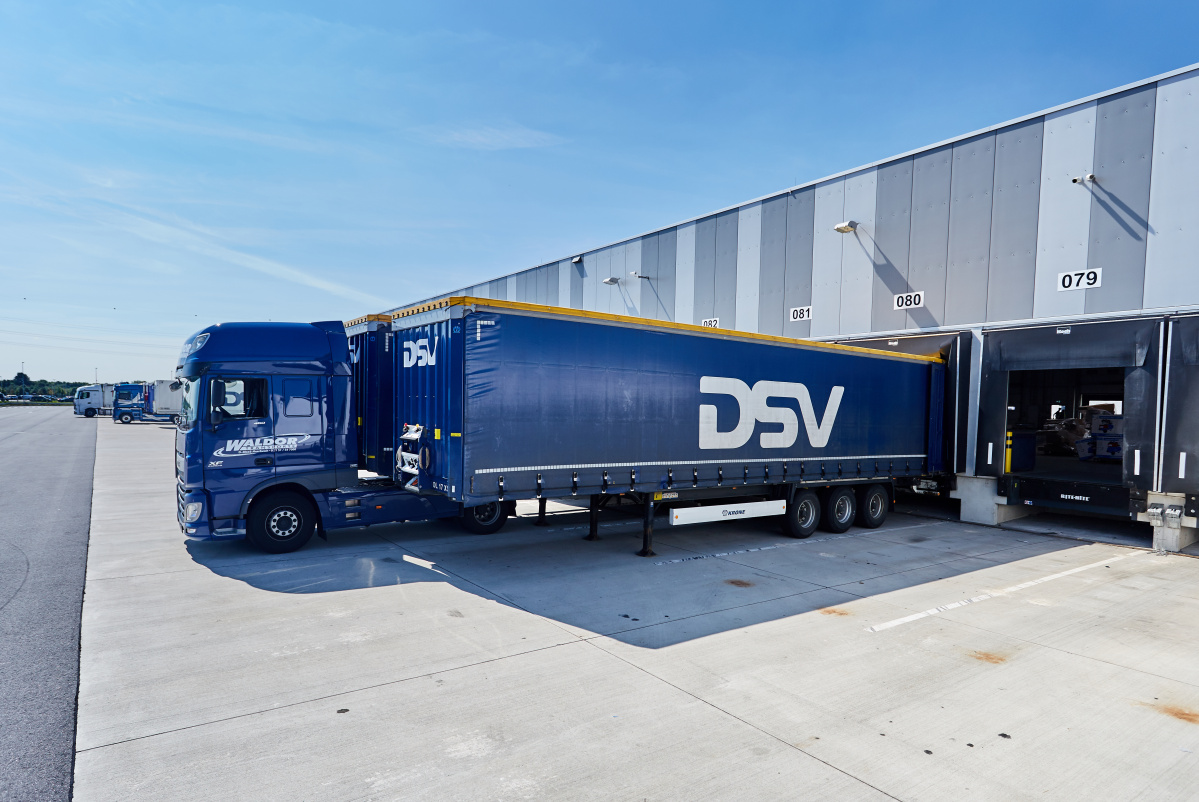In June, DB Schenker paid a visit to view its first fuel cell truck in Groningen, Netherlands on the premises of Hyzon, a manufacturer of hydrogen-powered trucks. The vehicle will be handed over by hylane to DB Schenker by the end of 2022.
“I´m grateful to see the progress we are now making towards testing a hydrogen powered vehicle for linehaul transportation, which will be an important step on our journey towards carbon-neutral road transportation,” says Helmut Schweighofer, CEO of DB Schenker Europe.
“We are proud to support DB Schenker’s pioneering work with our trucks,” says Sara Schiffer, Managing Director of hylane. “The partnership with DB Schenker demonstrates that hylane meets the high standards leading companies require for sustainable transport. Together, we will continue to work on advancing the use of hydrogen trucks in Europe.”
DEVK/hylane and DB Schenker started their collaboration almost two years ago. Both companies understand the importance of hydrogen for the transformation of the transport sector and therefore combined their strengths in order to move forward in this regard.
“In addition to a 360-degree rental concept, the aim of the collaboration is to develop a swap-body truck-trailer combination to carry our standard swap-body type with a length of 7,820 mm,” says Wolfgang Janda, Executive Vice President, Head of Network & Linehaul Management at DB Schenker. “This is new in the market and will allow us to decarbonize without any loss of efficiency in our land transport network.”
Fuel-cell powered trucks offer several advantages in long-distance transport as compared to battery-electric vehicles: The maximum payload is higher, the range is greater, and the refueling process comparable to Diesel.
DB Schenker plans to start field tests on a few lanes with selected customers in the beginning of 2023. It also intends to upscale and commercialize operations beginning in Q3 2023, whereby the progress made here will depend on factors such as hydrogen infrastructure and market acceptance. DB Schenker, together with its carriers, aims to be carbon-neutral by 2040. The use of green hydrogen (hydrogen produced using renewable energy sources) is an essential element of the company’s decarbonization strategy.
(DB Schenker)





















































